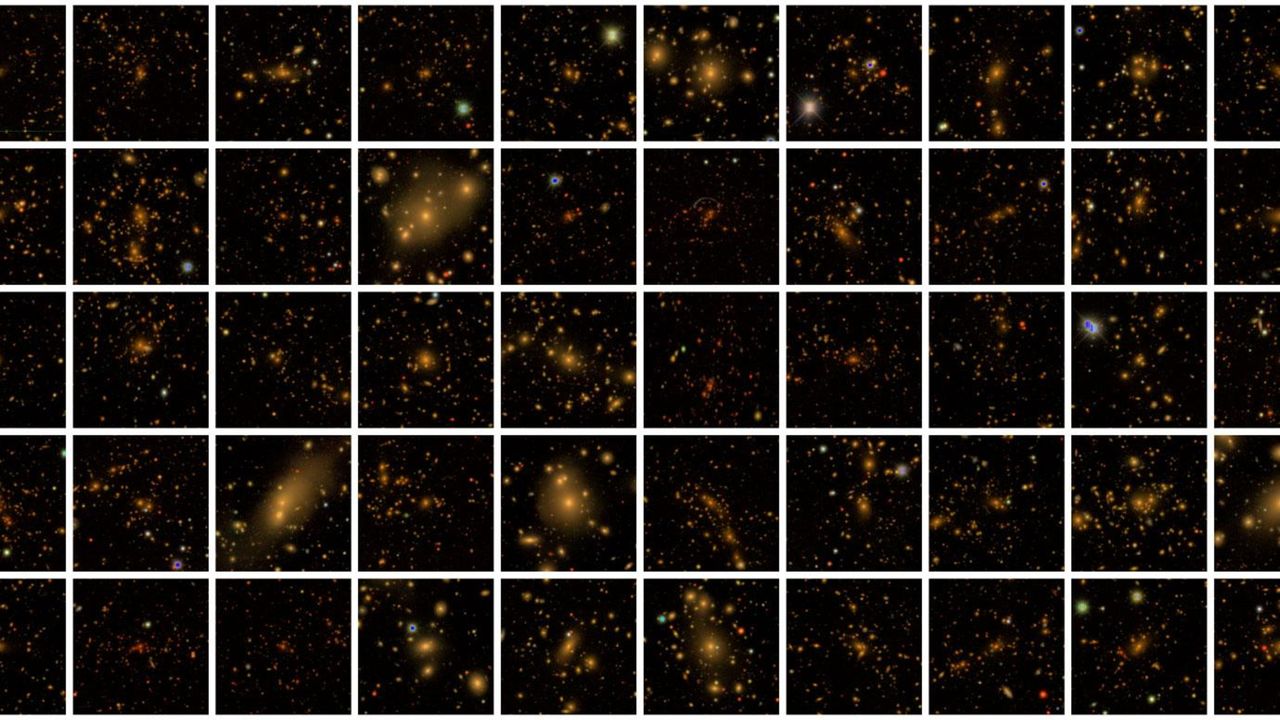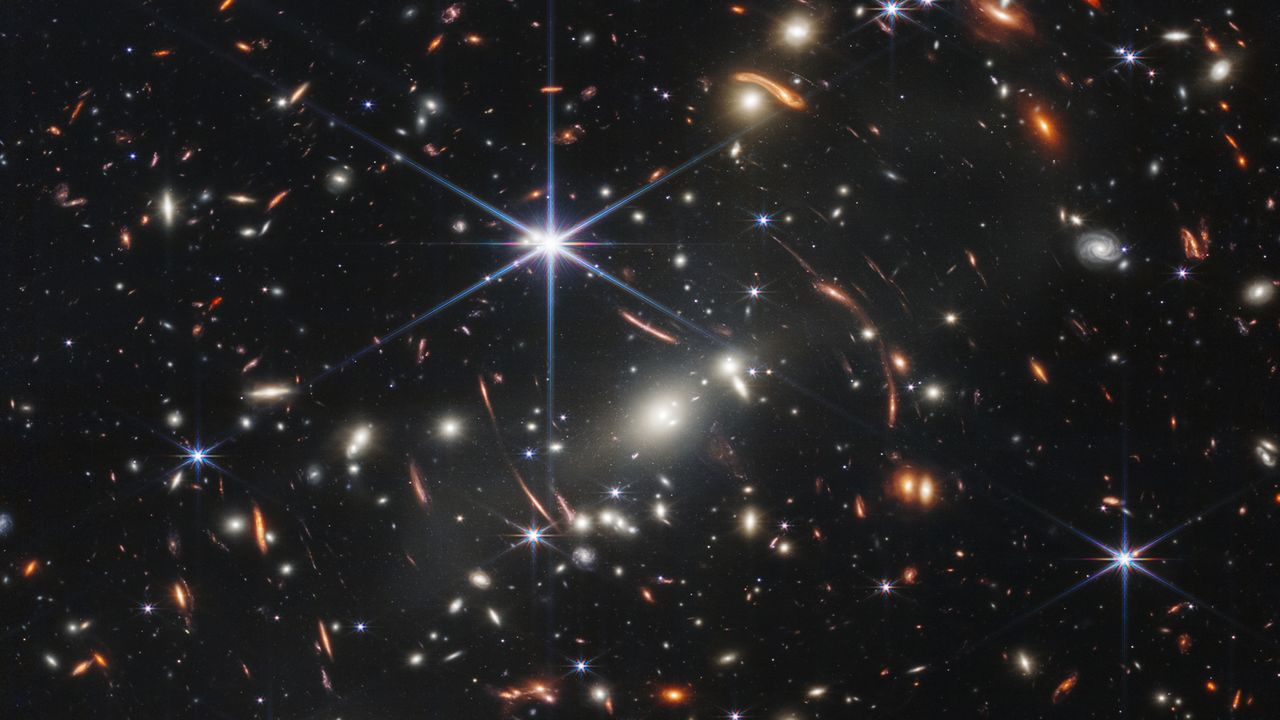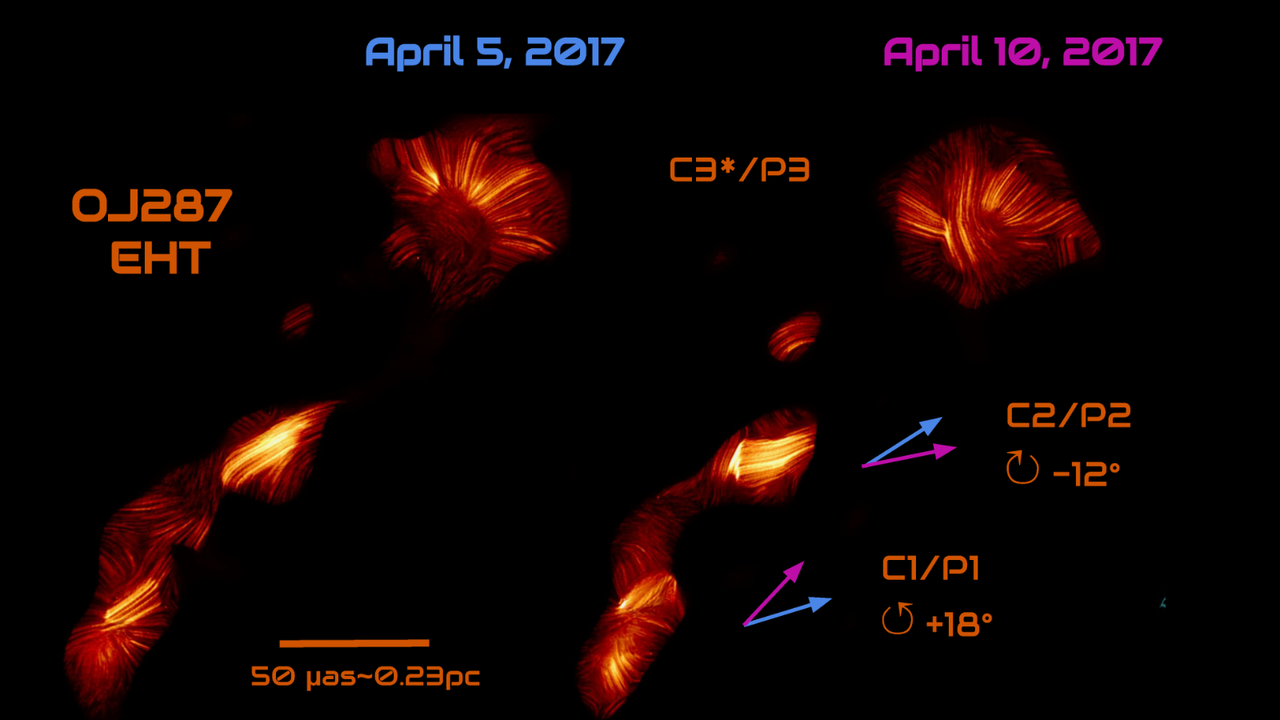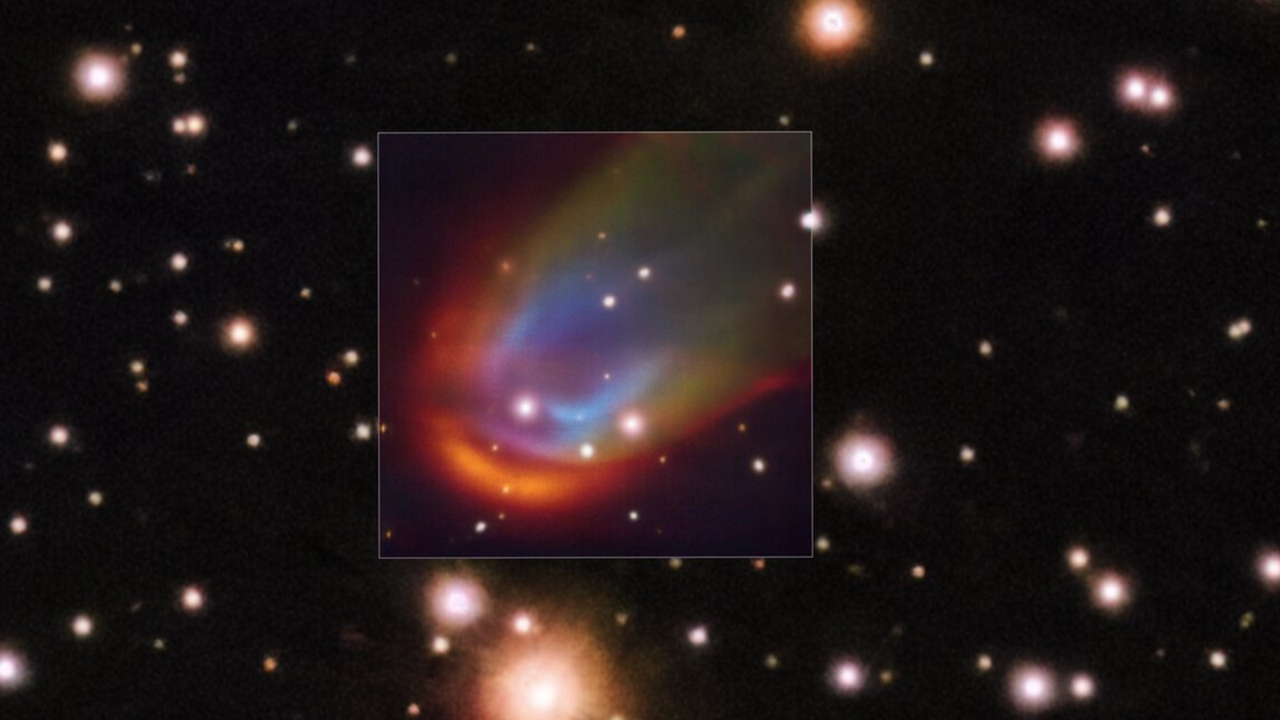This is the largest-ever galaxy cluster catalog. Could it reveal clues about the dark universe?
PositiveScience

Astronomers have just released the largest catalog of massive galaxy clusters ever created, offering exciting new insights into the evolution of the universe. This groundbreaking work could help us understand the mysterious dark universe, shedding light on its structure and formation. Such discoveries are crucial as they not only expand our knowledge of cosmic phenomena but also enhance our understanding of the fundamental forces shaping our universe.
— via World Pulse Now AI Editorial System


